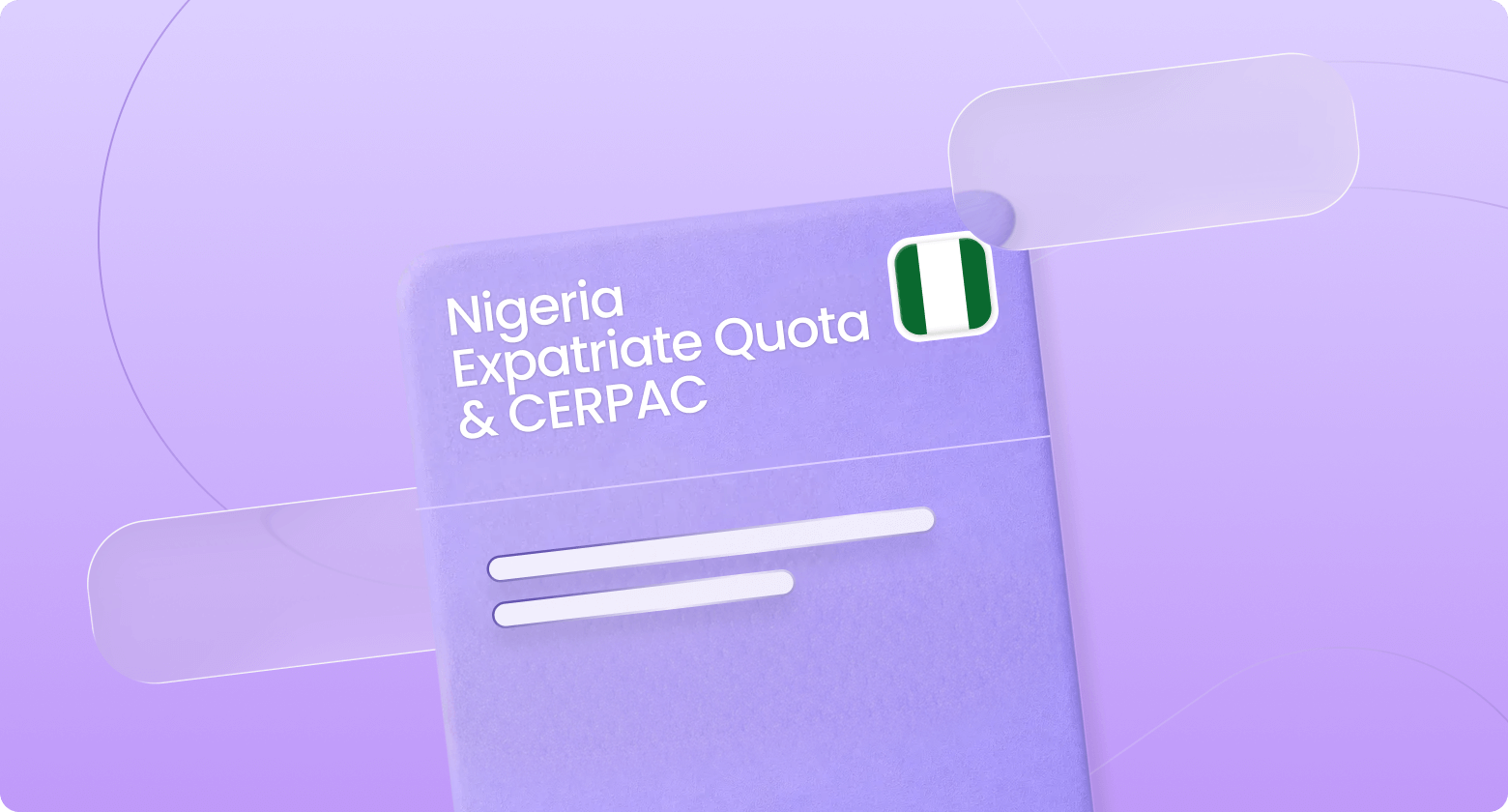Copied to Clipboard
Ready to get Started?


Key Takeaways
While partnerships with a Professional Employer Organization can be advantageous for a variety of businesses across industries, they may not be suitable for every business or sector.
Businesses competing in the global job market face the challenge of managing HR-related functions. Professional Employer Organizations have emerged to help solve this, assisting companies by providing access to HR support and resources.
While PEOs offer comprehensive HR services, however, these partnerships are not without their drawbacks. It is important for businesses to weigh the benefits and potential downsides before deciding to work with a PEO.
Pros of Partnering with a Professional Employer Organization PEO
By working with a PEO, client companies can achieve peace of mind. PEOs employ in-house human resources professionals who stay up-to-date with evolving employment laws and regulations, ensuring businesses remain compliant. They take on all HR-related responsibilities, including solving workplace conflicts, and provide resources to navigate complex HR challenges, such as employee handbooks.
Let’s explore the pros, which encompass payroll benefits, workers compensation, tax administration and regulatory compliance.
1. Attracting and Retaining Top Talent
PEOs achieve economies of scale, enabling them to offer employees competitive benefits, including better rates for health insurance and retirement plans, often surpassing those offered by large enterprises. This partnership allows small and mid-sized businesses to provide attractive benefits packages that boost employee satisfaction and loyalty.
2. Payroll Processing and Tax Compliance
Managing payroll and ensuring tax compliance can be daunting with limited resources. Partnering with a PEO streamlines payroll management and ensures accurate calculation of tax withholdings and deductions, reducing administrative burden and risk of error.
3. Risk Management and Compliance Assistance
PEOs act as dedicated HR partners, managing employment-related risks and ensuring compliance. They handle tasks such as worker's compensation, claims administration, and unemployment insurance management.
4. Time Efficiency
Partnering with a PEO typically allows businesses to focus more on strategic and operational aspects by handing over administrative and time-intensive HR tasks.
5. Cost Savings
PEOs leverage the collective power of employees from various PEO clients to achieve economies of scale. This results in reduced rates for employee benefits, including unemployment insurance and health insurance.
Cons of Partnering with a PEO Professional Employer Organization
1. Loss of Full Control
Businesses relinquish some level of control over HR functions and businesses are required to align their HR policies with the organization framework for a successful partnership.
2. Flexibility Concerns
In some instances, the standard HR practices offered by a PEO may not align with certain business types.
3. Shared Liability
While they help to reduce employment risks, by entering into a co-employment relationship, PEOs and businesses will share liability should any HR related disputes arise.
4. Cost Considerations
It is important to weigh up the cost of using a Professional Employer Organization vs hiring an in-house HR team. They offer cost savings through their ability to achieve economies of scale, but there are still costs tied to their services.
Decoding the Co-Employment Relationship
PEOs take on payroll, benefits administration, and more, allowing client companies to focus on strategic business operations. This partnership can provide access to HR outsourcing expertise.
However, it is essential to consider the potential downsides. Businesses may relinquish some control over their HR department and need to align with the PEO's policies. Additionally, the cost of services and shared liability in HR-related disputes are significant factors to weigh.
Ultimately, as the National Association of Professional Employer Organizations suggests, the decision should be carefully evaluated, considering both the benefits and the limitations.
Assess if a PEO is right for you with our Checklist.
Request a demo from Playroll to discover the most innovative solution for hiring global teams and relocating valuable talent, with comprehensive payroll and HR management services.
.svg)
.svg)
.svg)

.svg)
.svg)




.png)

.svg)















.svg)